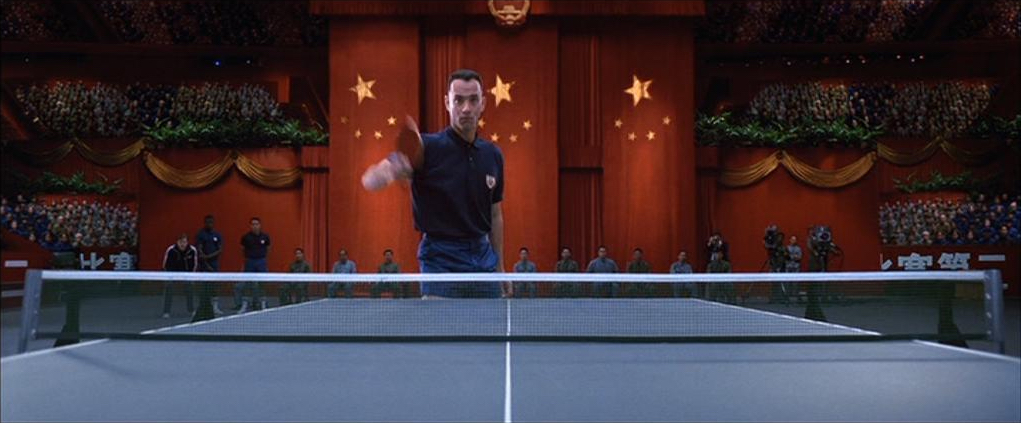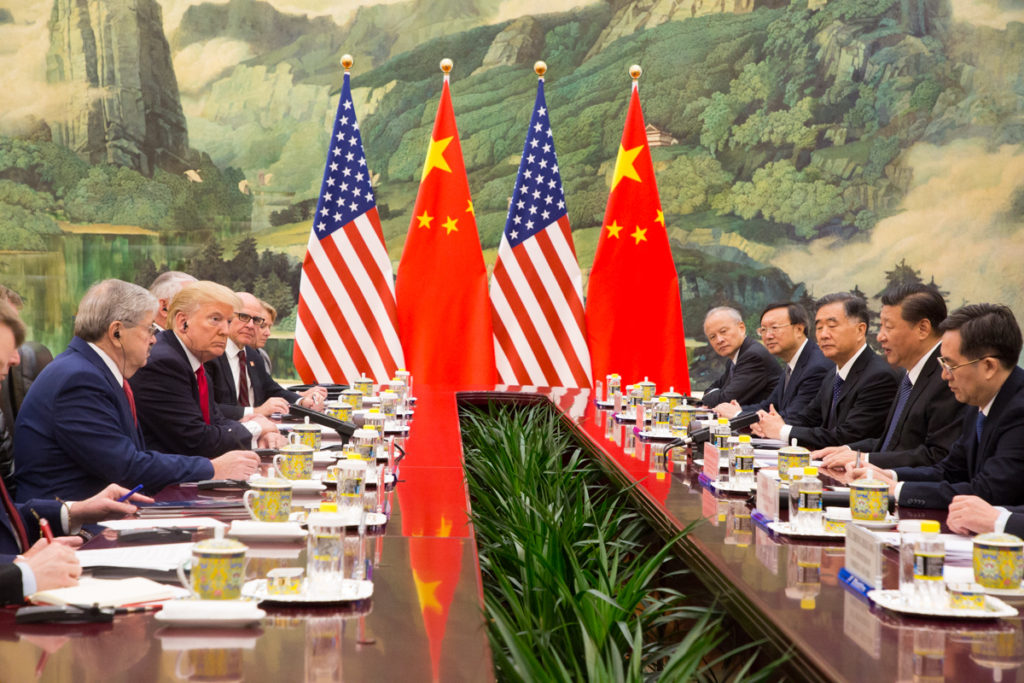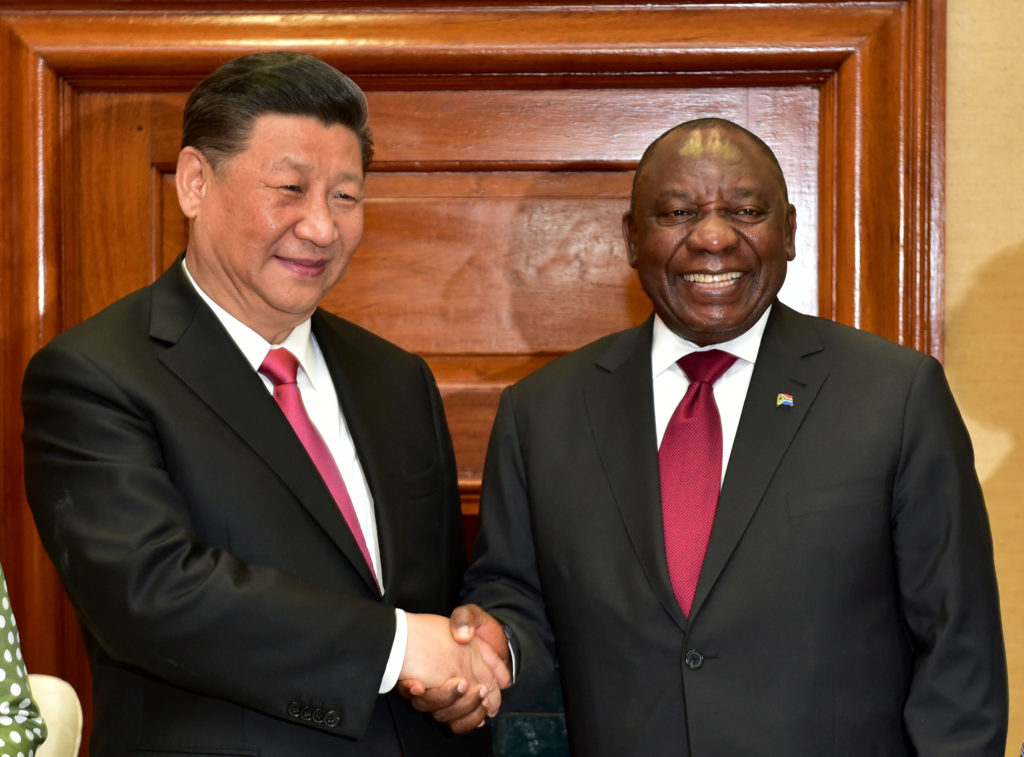Why China Sees Forrest Gump as a Trojan Horse
 Forrest Gump playing ping pong in China. http://flic.kr/p/4K3jVZ
Forrest Gump playing ping pong in China. http://flic.kr/p/4K3jVZ
For a movie that is littered with American cultural references and jokes, Forrest Gump is a rather odd cultural phenomenon in China. While it may seem incomprehensible as to why the movie has found itself a cult following in Chinese viewers, it is something that Hollywood has not come to question but wholeheartedly embraced. Take Michael Bay’s Transformers: Age of Extinction, for instance: a movie poorly received by North American audiences but became the highest-grossing film in China in 2014, reeling in $301 million in from Chinese viewers alone (almost one-third of its total gross). Other US industries similarly capitalized on the expansive Chinese market, including the latest attempt made by Google through “Dragonfly” , a prototyped search engine compatible with China’s censorship provisions. It is easy to see why the Chinese market, in the eyes of America’s capitalist industries, is a glimmering goldmine.
As American culture infiltrates more and more of the Chinese market, it raises concerns for the Chinese government: it poses a foreign threat to the Chinese ideology that is paraded at home. When U.S. universities, largely funded by the State Department, opened centers in Chinese campuses designed to promote American culture, one may see them as capitalist pursuits – an attempt to influence Chinese consumers with Western tastes in music, fashion, and sport. However, after U.S. officials were denied entry to these centers and a state interrogation was conducted on a staffer (on an undisclosed basis), it is obvious that China was not convinced that American intentions behind the programs are solely capitalist. These gestures suggest that the Chinese government sees any American influence not under the vigilance of the Communist Party as a threat to their state, and they can be tied back to Xi Jinping’s larger ideology campaign against Western influence. Having previously banned textbooks that promote Western values and launched inspections on foreign textbooks, Xi is adamant to maintain the dominance of Chinese standards in the country. China’s motions to curb American ideology are eerily reminiscent of tactics employed in the Cold-War era, which further prove that the two great powers are embroiled in a rivalry that extends beyond trade and technology.

Whilst China’s actions have pushed the U.S. State Department to stop funding these cultural centers and multiple American universities to begin its shutdowns, China has continued with its own projects that aim to spread its influence abroad in an attempt to challenge the hegemony of the West. Attempting to do so by accruing more “soft power”, a term coined by Joseph Nye as “the ability to affect others by attraction and persuasion rather than the hard power of coercion and payment”, China has invested in making their national image more positive and accepted by engaging in multiple efforts abroad.
In a project mirroring that of the Americans, the Communist government has funded similar cultural centers worldwide, even aiming to expand its reach to 1000 institutes by 2020. Successful establishments of these ‘Confucius Institutes’ are especially efficient in allowing China to gain more soft power; not only do they promote Chinese language and culture abroad, but they simultaneously increase international acceptance of the “Chinese way” of doing things. In other words, effective implementations of these centers will generally allow China to enjoy greater leverage in international dealings. However, many have opted to see China’s Confucius Institutes as propaganda-wielding and duplicitous in nature. They recognize the institutes as China’s blatant attempts to acquire soft power and criticize them for their politicizing controversial issues, especially those regarding human rights in China, Taiwan, Tibet.
It is interesting to note that China often initiates much of the same political power-plays as the US but finds its efforts greeted with greater caution and hostility. A notable example is China’s pledge of 300 million Chinese renminbi to the G5 Sahel force, a West African regional body that coordinate in development policies and security matters. While US intervention in Africa, such as its involvement in the colonial control of Congo and the assassination of Patrice Lumumba, remain largely overlooked, what would resemble China’s attempt at contributing foreign aid in Africa created much international controversy, with critics decrying their intervention as an example of a new form of colonial exploitation. Another example is China’s most recent attempt at spreading Chinese influence abroad through Huawei, a Chinese multinational technology firm intended to compete among American giants in the technology manufacturing industry. However, China’s ventures with Huawei has also foiled tremendously, with many lambasting the company over suspicions of espionage, bank fraud, and violations of the Iran sanctions.

A potential explanation as to why China’s multi-billion investment in soft power is met with a lack of success compared to the US is the lack of transparency behind its political processes. The government’s hardline authoritarian image makes it difficult for the international community to see China as a friend rather than a foe–to see whether China’s outstretched hand is one of goodwill or militancy. Therefore, China’s attempts at increasing soft power often results in an exercise of what experts dub as “sharp power” instead: The Economist defines by its dependence on “subversion, bullying, and pressure, which combine to promote self-censorship”. As long as Beijing continues to endorse media censorship, political repression, and aggression in territorial disputes, China’s soft power campaigns will remain counterintuitive – they will continue to be perceived as coercive rather than persuasive.
Given China’s inability to effectively garner soft power and thus its status as a legitimate, full-fledged superpower, it cannot afford to lose its grasp on the leverage that remains in its hands – from the Party’s ideological influence over the public to its market size. As China’s actions abroad are already subject to skepticism and scrutiny, it cannot withstand a reduction of its influence at home. It is no wonder why China would view American cultural efforts and emblems, such as Forrest Gump, as trojan horses. Packaged in a benign exterior and concealed with unfiltered American ideology, movies like Forrest Gump take off with immense popularity in China; they successfully spread American culture and undermine Chinese presence, thwart the Party’s efforts to present their standards as a rival to that of the West, and weaken its remaining hold over its own people.
Edited by Helena Martin
